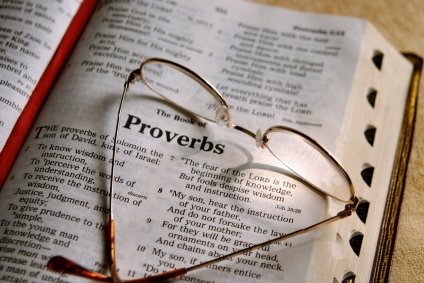 October of 1967, I was 19 years old and my great adventure that month was to join lots of other people marching across the Potomac Bridge to surround the Pentagon in a valiant witness against the war in Vietnam. We tried to levitate the five-sided building, but it did not work. Now after forty years, have we learned anything?
October of 1967, I was 19 years old and my great adventure that month was to join lots of other people marching across the Potomac Bridge to surround the Pentagon in a valiant witness against the war in Vietnam. We tried to levitate the five-sided building, but it did not work. Now after forty years, have we learned anything?Some like to talk about their religion as a matter of the mind - forming an intellectual foundation for the growth of faith. Others talk of religion as a matter of the heart - building deep emotional ties to the Most Holy One, the object of our faith. For me, religion has become at base a matter of the feet - public witness in both the sacred spaces in our lives and the secular places of our world. The terrible fact of the enduring disaster of wars both foreign and domestic demands that we make our altar calls demonstrations for justice and change.
Photo Note: Anti-war protester, holds a candlelight vigil with others outside the White House in Washington, Friday, March 16, 2007. An estimated 3,000 protesters march from the National Cathedral to the White House to protest the military presence in Iraq and Afghanistan. (AP Photo/Lawrence Jackson)




